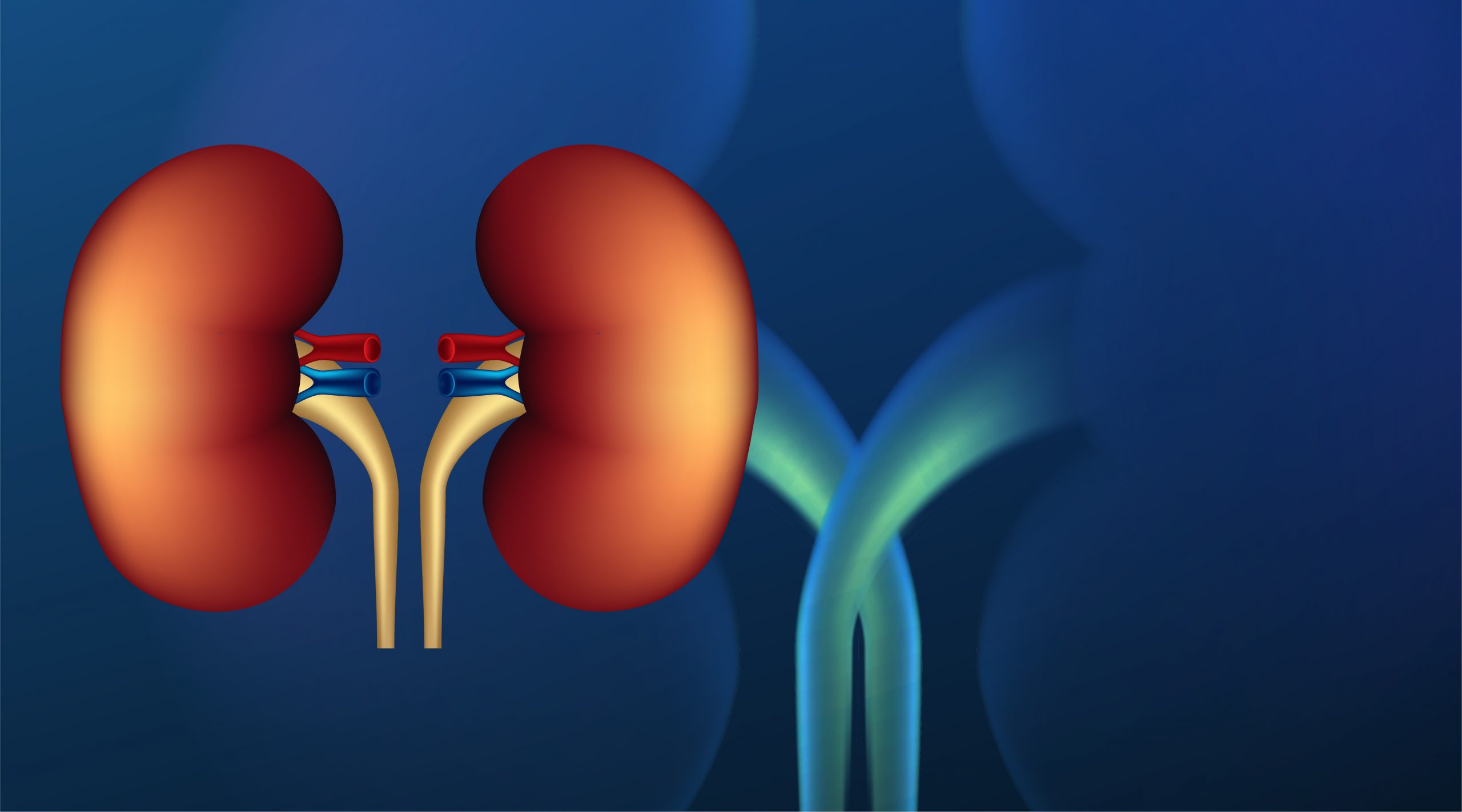

The UC Davis Comprehensive Cancer Center participated in a phase III clinical research to explore if the anti-cancer medication everolimus helped persons with kidney cancer. The clinical study findings revealed that many patients with kidney cancer survived for several years after undergoing surgery to remove the tumour.
The study also found that in a group of individuals at high risk of relapse, everolimus may have kept them cancer-free for a longer period of time. The findings were reported in The Lancet on July 28.
Primo “Lucky” Lara, Jr., Director of the Cancer Center, was a key investigator in the SWOG Cancer Research Network’s phase III S0931 experiment, better known as the EVEREST study.
Lara is SWOG’s deputy group chair and was recently appointed co-chair elect of the National Cancer Institute’s (NCI) cancer clinical trials group. Christopher W. Ryan, a SWOG investigator and professor of medicine at Oregon Health & Science University, led the study.
The study included patients from roughly 400 cancer centers around the country, including several from UC Davis Comprehensive Cancer Center. For 54 weeks, they were given 10 milligrams of oral everolimus or a placebo.
“Improvement was seen primarily in patients with very high-risk disease, while patients with intermediate high-risk disease saw no improvement,” Lara said. “This encouraging observation warrants further study. We must continue our work to discover and test new agents to improve outcomes in people with kidney cancer.”
Everolimus belongs to a class of drugs known as mTOR inhibitors, which prevent the growth of malignant cells.
Similar medicines are already being utilized to enhance the results of other cancer patients who have undergone surgery, including breast cancer patients.
The EVEREST trial enrolled 1,545 patients with intermediate high-risk or very high-risk renal cell carcinoma (cancer of the lining of the kidney tubes). Their cancer had all been medically removed with a partial or radical nephrectomy (kidney removal).
“Recurrence of cancer in these patients ranges from 2% to 40% following surgery,” Lara said. “It is important to test active new agents as part of clinical trials after their surgery and before their cancer returns and spreads.”
more recommended stories
 Pediatric Crohn’s Disease Microbial Signature Identified
Pediatric Crohn’s Disease Microbial Signature IdentifiedKey Points at a Glance NYU.
 Nanovaccine Design Boosts Immune Attack on HPV Tumors
Nanovaccine Design Boosts Immune Attack on HPV TumorsKey Highlights Reconfiguring peptide orientation significantly.
 High-Fat Diets Cause Damage to Metabolic Health
High-Fat Diets Cause Damage to Metabolic HealthKey Points Takeaways High-fat and ketogenic.
 Acute Ischemic Stroke: New Evidence for Neuroprotection
Acute Ischemic Stroke: New Evidence for NeuroprotectionKey Highlights A Phase III clinical.
 Statins Rarely Cause Side Effects, Large Trials Show
Statins Rarely Cause Side Effects, Large Trials ShowKey Points at a Glance Large.
 Anxiety Reduction and Emotional Support on Social Media
Anxiety Reduction and Emotional Support on Social MediaKey Summary Anxiety commonly begins in.
 Liquid Biopsy Measures Epigenetic Instability in Cancer
Liquid Biopsy Measures Epigenetic Instability in CancerKey Takeaways Johns Hopkins researchers developed.
 Human Antibody Drug Response Prediction Gets an Upgrade
Human Antibody Drug Response Prediction Gets an UpgradeKey Takeaways A new humanized antibody.
 Pancreatic Cancer Research: Triple-Drug Therapy Success
Pancreatic Cancer Research: Triple-Drug Therapy SuccessKey Summary Spanish researchers report complete.
 Immune Cell Epigenome Links Genetics and Life Experience
Immune Cell Epigenome Links Genetics and Life ExperienceKey Takeaway Summary Immune cell responses.

Leave a Comment